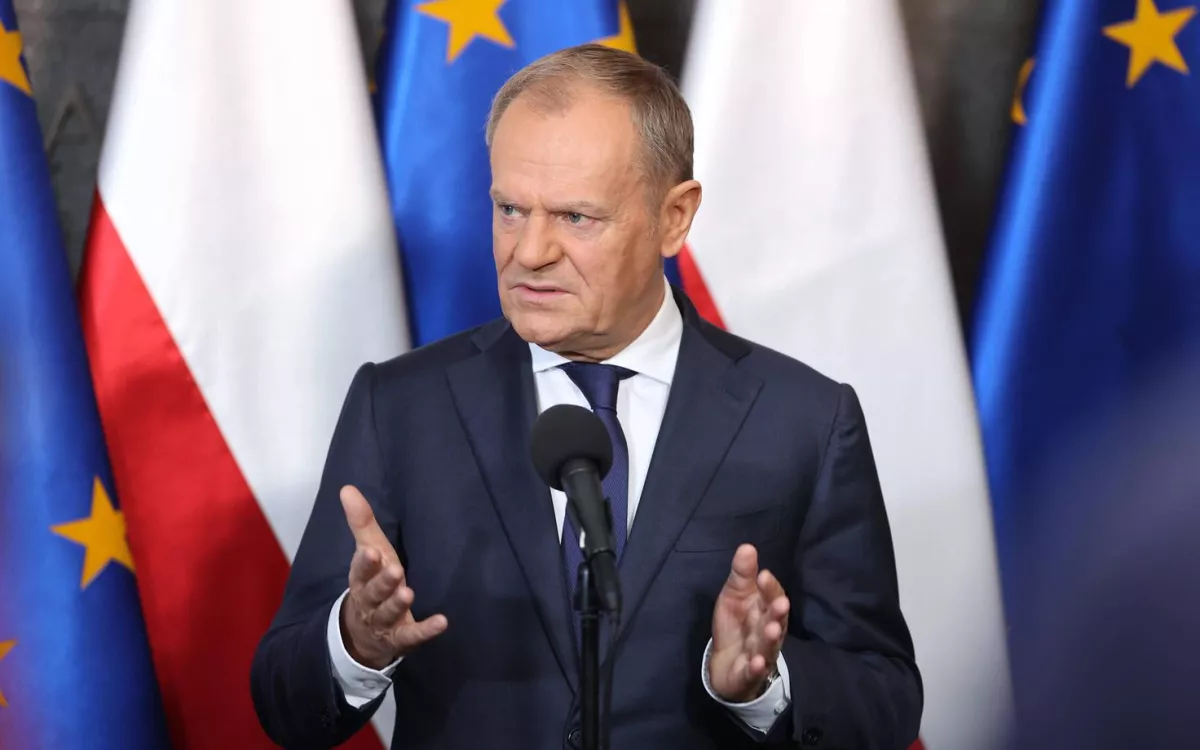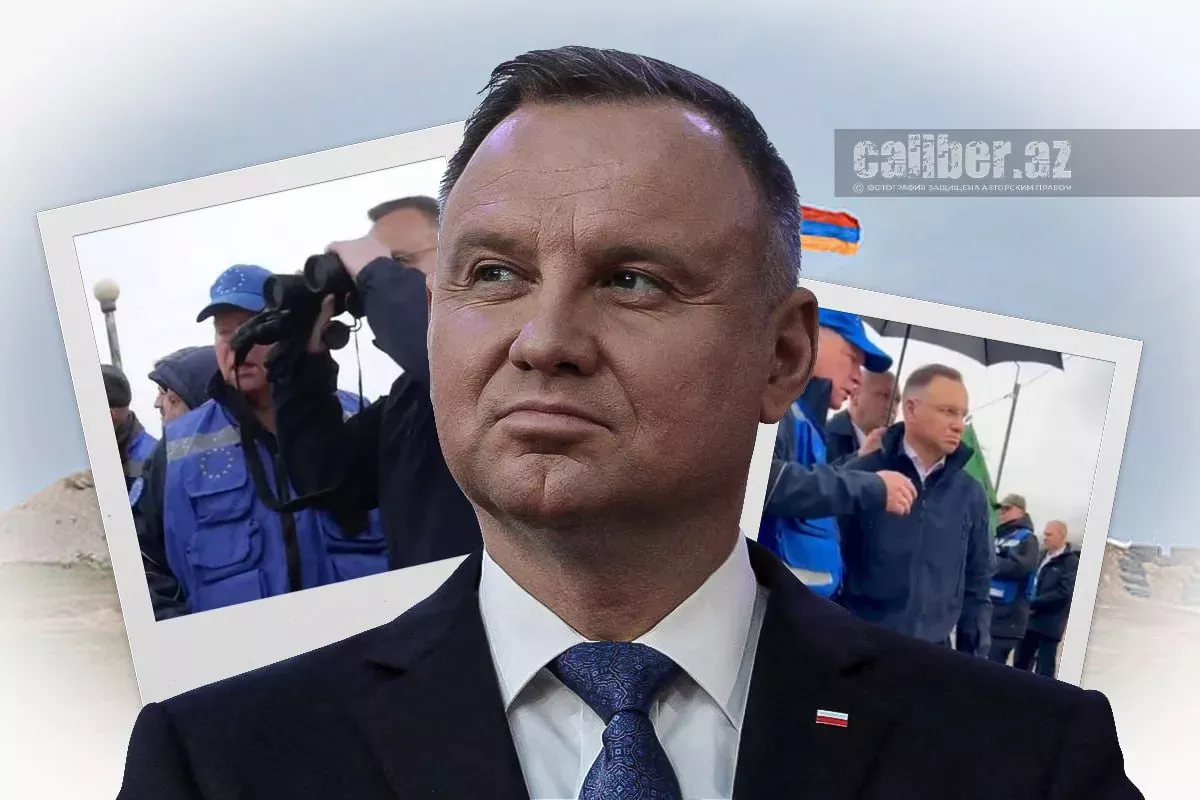Nawrocki’s polonaise New president, old divisions
An event has occurred in Poland that is unlikely to please many across the European continent. Eurosceptic and nationalist Karol Nawrocki has won the presidential election, securing 50.89% of the vote in the second round held on June 1, narrowly defeating his opponent—Warsaw Mayor Rafał Trzaskowski, the candidate from the centre-right Civic Platform party—by less than two percentage points. Nawrocki is set to assume office in August this year.
The new president, a 42-year-old historian from Gdańsk, was nominated by the national-conservative opposition party Law and Justice (PiS), led by Jarosław Kaczyński. Although PiS presented Nawrocki as a non-partisan and independent candidate, his campaign was funded and organised by the party, and his platform closely mirrored that of PiS.
Overall, nothing fundamentally new has happened. The presidency was already held by a conservative politician from PiS, Andrzej Duda. What is notable, however, is that the right-liberal camp failed to consolidate the victory it achieved in last year’s parliamentary elections by winning the presidency. The office remains in the hands of nationalists—meaning that Prime Minister Donald Tusk’s headaches are far from over. Tusk had pinned high hopes on the victory of his political ally Rafał Trzaskowski, which would have put an end to outgoing President Duda’s practice of blocking various government decisions. But it was not to be. Analysts predict that Tusk now faces another circle of hell—this time at a whole new level.

Some clarification is in order: while the Polish president does not wield vast executive powers, he holds just enough authority to obstruct the prime minister. In addition to the right to veto government decisions, the president is also the commander-in-chief of the armed forces and can influence the country’s foreign policy trajectory.
Experts are predicting not only a deepening cacophony in parliament but even the potential collapse of the right-liberal government. There are several ways to bring this about—and PiS, emboldened by the victory of its ideological ally, is unlikely to miss the opportunity to press ahead with renewed vigour. The most direct route to this goal involves peeling off votes from the ruling coalition. And such tendencies are already beginning to surface.
For instance, Marek Sawicki, a prominent figure in the Polish People's Party—which is currently part of the governing coalition—recently voiced open discontent: “Tusk is failing to keep up with events… Unfortunately, we’ve seen nothing but laziness from him and a lack of interest in the actual business of governance.” He then added, with ominous rural pragmatism: “If the horse is tired and can’t pull, you don’t lighten the cart—you change the horse.”
On the international stage, Karol Nawrocki also shows little promise of fostering smooth relations. He is a staunch advocate for demanding reparations from Berlin for Nazi Germany’s invasion—an amount totalling $1.6 trillion—a demand consistently pushed by PiS and firmly rejected by Tusk’s government. Nawrocki is also sceptical of Brussels' policies on energy and migration and opposes the idea of transforming the EU into a federal state with a centralised government. He emphasises the need to preserve Polish national identity within the Union.
The president-elect is against Ukraine’s NATO membership, sets conditions for its EU accession, and insists that Kyiv acknowledge responsibility for “the genocide of Poles in Volhynia” between 1943 and 1945. Nawrocki also denies Ukrainians residing in Poland equal access to social support and advocates for resolving the conflict in Ukraine through a peace agreement.
One might assume that such a political package would nudge Nawrocki—if not into Moscow’s embrace—then at least toward a thaw in relations. But as a true Polish nationalist, Nawrocki harbours little fondness for Russia either.
So who’s left? Naturally, the United States—and more specifically, Donald Trump, for whom Nawrocki expresses open admiration. The two share a number of views, particularly regarding European security. Yet even here, complications may arise. As the saying goes in Odessa, American and Polish conservatism are two very different beasts. One key point of divergence, for instance, lies in their respective approaches to supporting Israel.

As for relations with Azerbaijan, no major changes should be expected. Past experience shows that Polish conservatives, when it comes to policy in the South Caucasus, are virtually indistinguishable from European liberals—in simpler terms, they follow Paris’s lead. The clearest example of this approach was Polish President Andrzej Duda’s visit to the Armenian side of the conditional border with Azerbaijan in November last year, where he met with representatives of the EU monitoring mission and “assessed the Azerbaijani threat” in classic binocular-diplomacy fashion.
That said, this Polish election result is likely more beneficial than not for Baku. Nawrocki’s ascent to the presidency signals not only continuity, but a potential intensification of internal contradictions within the EU. And the deeper those rifts grow, the less time Eurocrats will have for idle causes—such as championing Armenian interests—and the more likely Brussels will be to focus on building pragmatic, constructive relations with the outside world.








